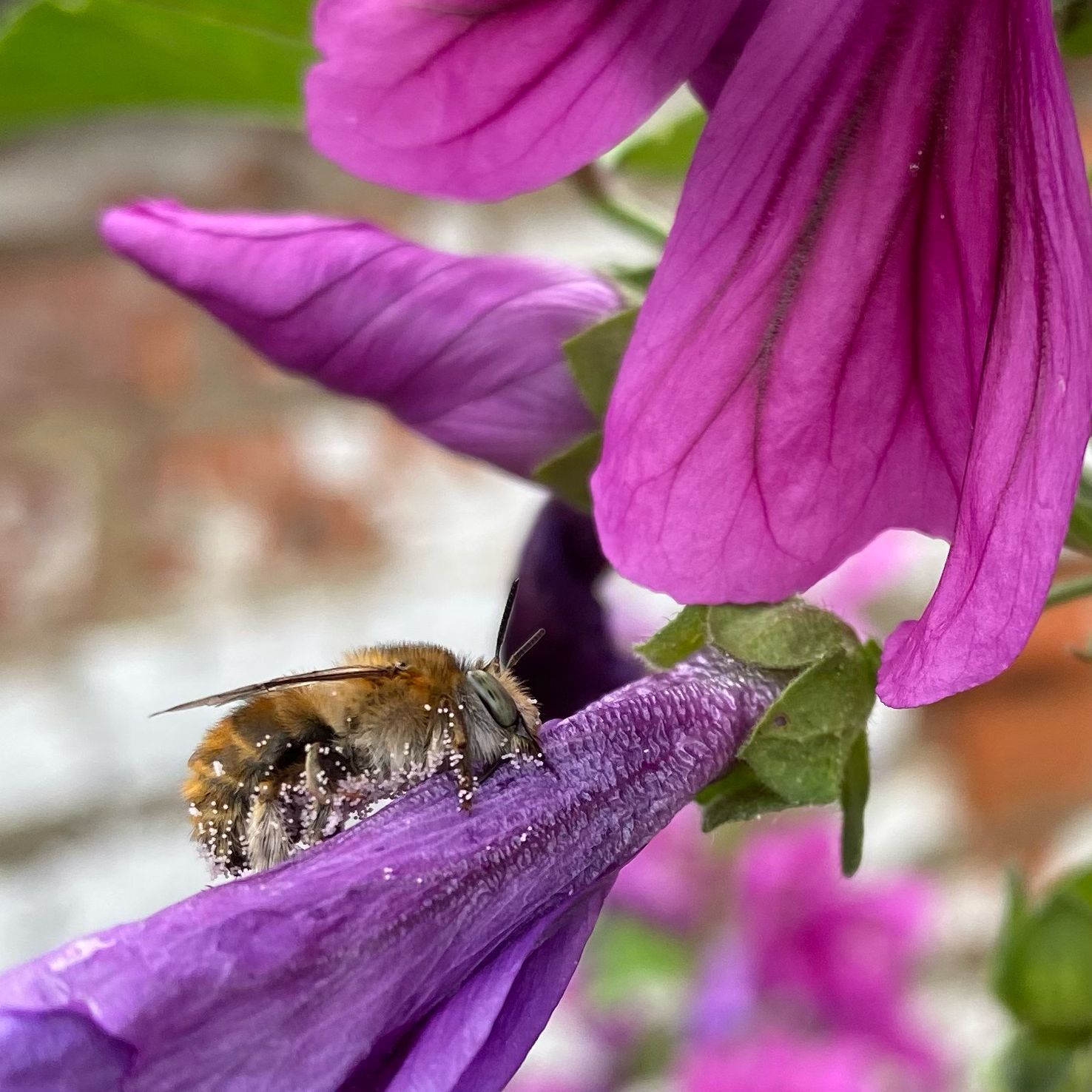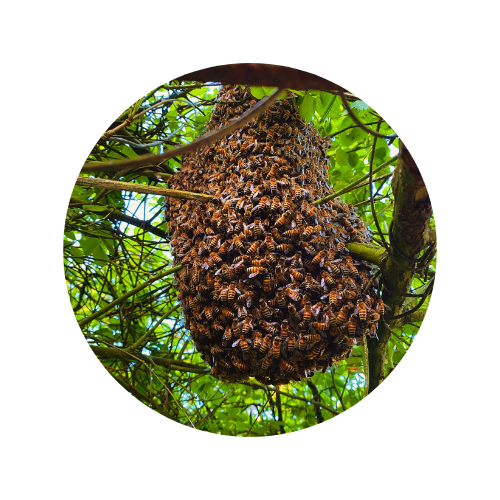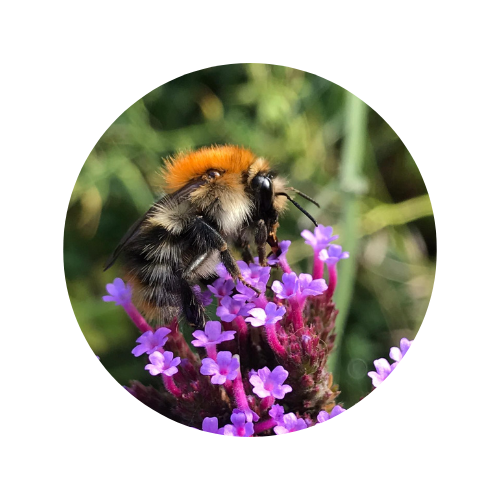Beekeeping with an eye
for the bee in the broadest sense.
Three young beekeepers with a fascination with bees that got out of hand.
It's time.
Our honey is available.
Our honey comes from our cabinets spread across the province of Antwerp. We only work with natural products. When combating parasites such as the Varoa mite, we only use biological pesticides.
Would you like to bring that liquid and natural gold into your home so that you can get through the winter with it?
Please contact us.
Our summer harvest is available
while supplies last.
Dizzying bee facts!
1 kilo
For one kilo of honey, bees have to visit 4 million flowers
55 000
A bee colony consists of 50000 to 60000 bees
40 000
40 000 km, or 1 time around the earth, that's how far bees fly to collect one 500 g jar of honey.
20 000
there are so many kinds of bees in the world, only 7 of which are honey bees.
Do you also want to help the bees?
You don't have to be a beekeeper to help bees. What's more, by beekeeping you only help the honeybees. But it's the wild bees that have it so hard with us.
There are many ways you
can contribute...

How can you help wild bees?
A bee hotel
Put a bee hotel in your garden. Buy one from untreated wood or just make it yourself with natural materials. Place it in a sunny spot with the opening to the south. In spring, your hotel guests will already be at the door.
Mow less
Did you know that bees feast on clovers and dandelions? Give your lawnmower some rest in the spring and summer and let that grass grow nicely. Lazy? No, environmentally conscious!
Bee-friendly plants
Plant some bee-friendly plants in your garden. Not sure where to start? We are big fans of plants such as vervain (Verbena), rock thyme (Nepeta Nepeta), licorice plant (Agastache), oregano or wild marjoram (Oreganum vulgare), red coneflower (Echinacea pupurea) and sage (Salvia).
Environmentally friendly
Are you bothered by other insects? Always use preventive and environmentally friendly measures to combat them. Never reach for chemicals!





























































































